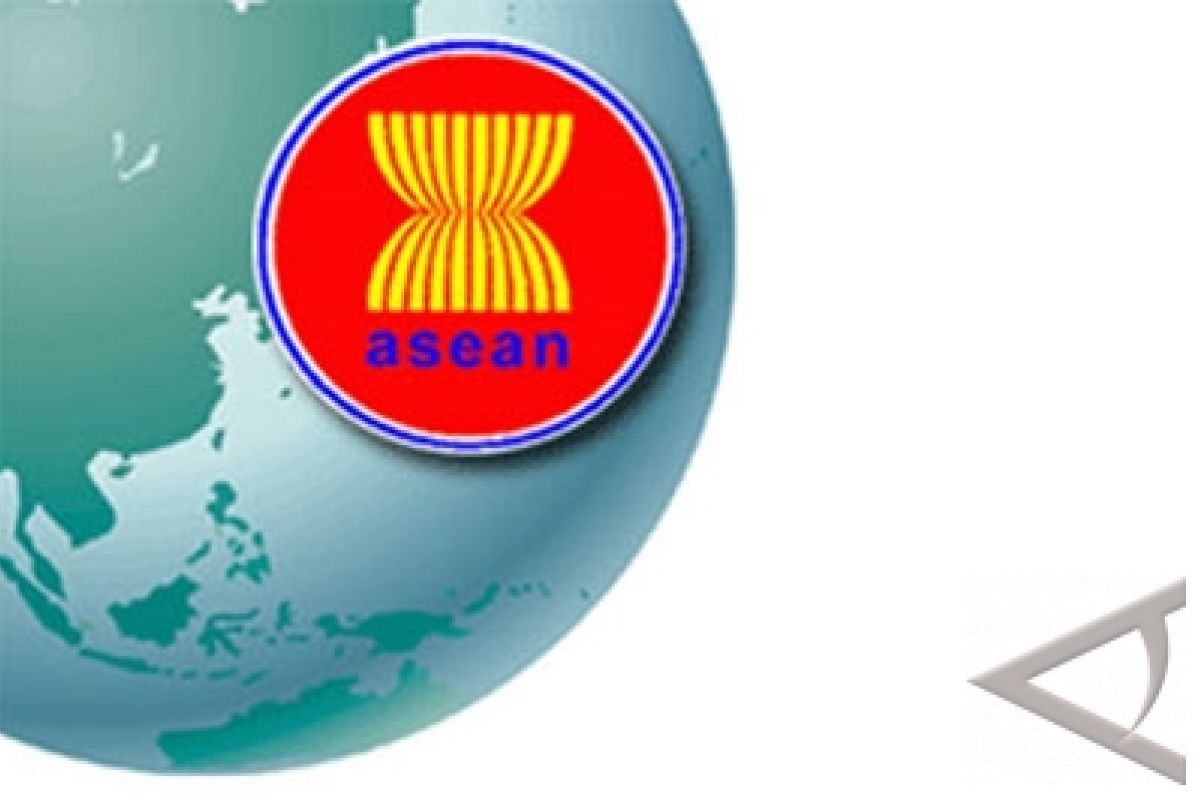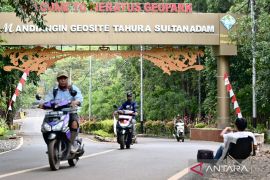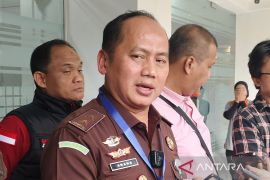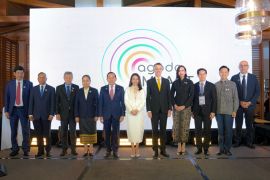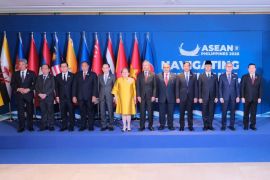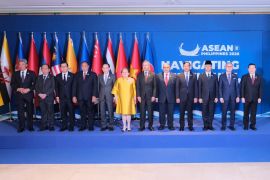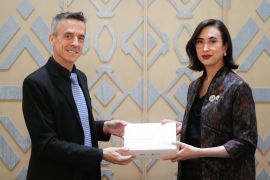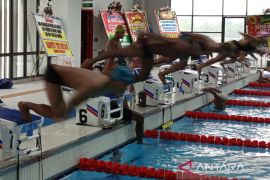Speaking to reporters at the Presidential Palace on Monday, he said ASEAN would adopt a common position on how to help Japan recover from the recent earthquake and tsunami disasters.
"What we will discuss is the possibility of having a joint ASEAN position to support Japan in tackling its post-disaster problems," he said.
But Marty could not yet foresee what ASEAN`s position would be and the kind of assistance ASEAN member countries could give.
Regarding the most recent developments in Japan, Marty said currently the country was busy handling the aftermath of the earthquake and tsunami disaster and mitigate the impact of the Fukushima nuclear power plant disruption.
"The evacuation and relocation process continues. Yesterday (Sunday, March 20) 33 Indonesians were repatriated if I am not mistaken. The nuclear radiation problem will be continuously monitored, on previous occasions I had to say there is a contingency plan for a necessary nuclear radiation radius expansion," he said.
Marty also said that this prepared contingency plan does not need to be implemented due to the more stable situation in Japan.
"Evacuation radius in the country is still remaining 50 km, and we`re ready with any contingency plans to evacuate our citizens if necessary. I think Japan has been quite stable now," he said.(*)
Editor: Aditia Maruli Radja
Copyright © ANTARA 2011
